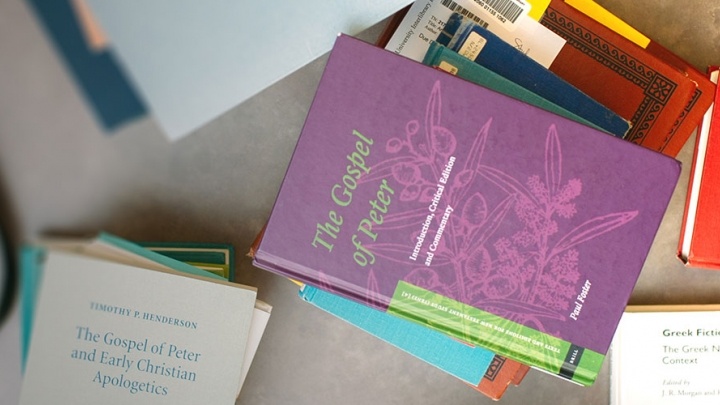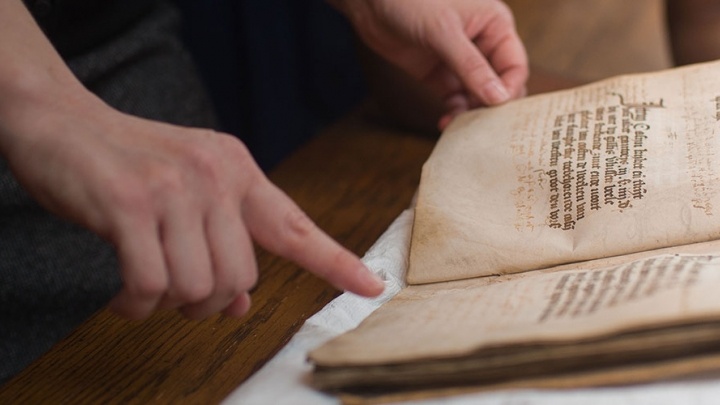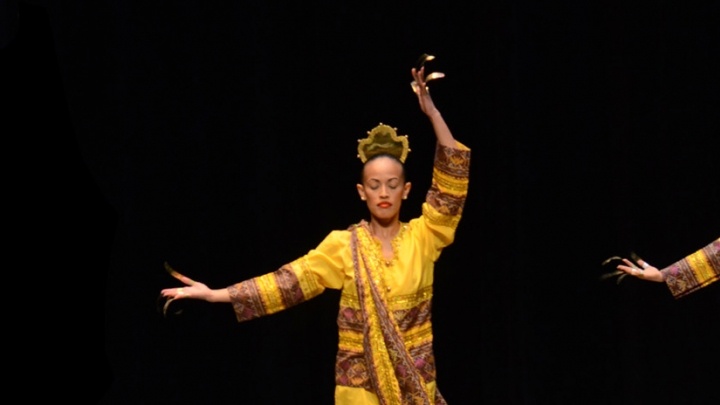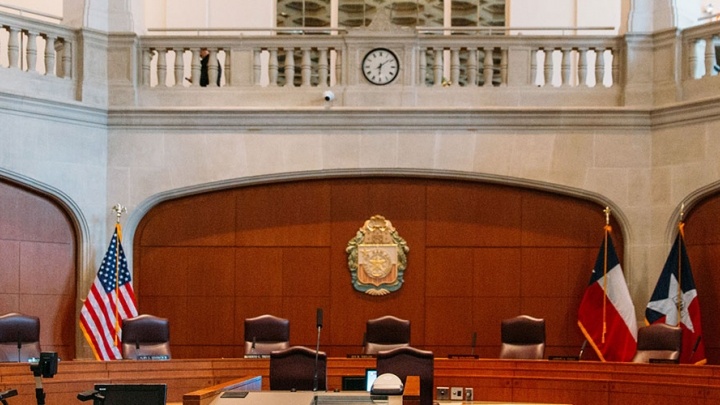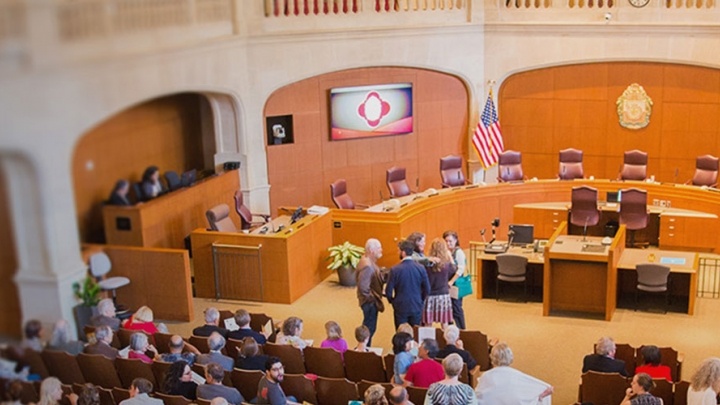Overview
The minor in ancient Mediterranean studies introduces students to the history, art, culture and literature of the ancient Greek and Roman worlds. The minor enriches a wide range of disciplines at ������, pairing well with humanities, sciences, or professional programs.
Fast Facts
- The department has two research labs for students where they work closely with department faculty: the Early Book and Manuscript Lab and the Roman World Lab.
- Student-led HOMER Society participates in digital humanities work for the national Homer Multitext Project.
- ������ partners with the Southwest Texas Archaeological Society to sponsor lectures by visiting experts.
- The department has a partnership with the San Antonio Museum of Art, which has a strong classical art collection.

What You'll Study
Faculty
Epic research, mentorship, and hands-on learning
Students enjoy personal interaction with faculty in all classical studies courses, especially the upper-division seminars and language classes. Classics faculty are known for close mentorship, fostered through small class sizes, undergraduate research, and field trips.
Student Opportunities
A mosaic of opportunities
��
Several organizations offer various grants, fellowships, scholarships, or awards to students.
������ offers an honors program in classics.
Student majors have presented papers at undergraduate research symposia across the country.
Many students study abroad, especially in Italy and Greece.
Students can explore the strong classical collection and even intern at San Antonio local museums that��focus��on conservation and original research.
Our Classics seminar room has a library of reference materials and is open to students during the day.
The Classical Studies department has student-led groups and the national honorary collegiate society for Latin and Greek students.��
Each year, the classical studies department honors the achievements of some of its excellent students during ������’s Honor Awards ceremony.
Throughout the academic year, the department sponsors and hosts play readings, colloquia, visiting lecturers, movies, and more.
When You Graduate
The heroic quest continues
The future is bright for ancient Mediterranean studies alumni—they leave ������ equipped with the ability to think incisively about written documents and material records, synthesize evidence across disciplines, and express themselves effectively both orally and in writing.
Careers��
Many classics majors go on to pursue graduate degrees in classics, archaeology, history, philosophy, and other related fields or in the professional fields, such as law, medicine, public health, museum studies, and library science. Some majors now teach Latin at the secondary level, while others have pursued careers in business as consultants or professional writers.
Graduate Schools or Programs:
- Princeton University
- Rutgers University
- University of California, Berkeley
- UCLA
- UNC - Chapel Hill
- University of Chicago
Career Areas:
- Archaeology
- Business
- Drama
- Education
- Law
- Medicine
- Museum work
- Politics
- Publishing
- Science
Take the next step
Have more questions or want more information? Learn more about becoming a Tiger, and how you can accelerate what’s next for your education.








